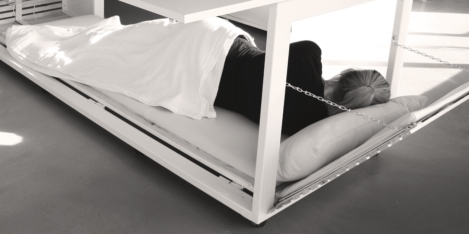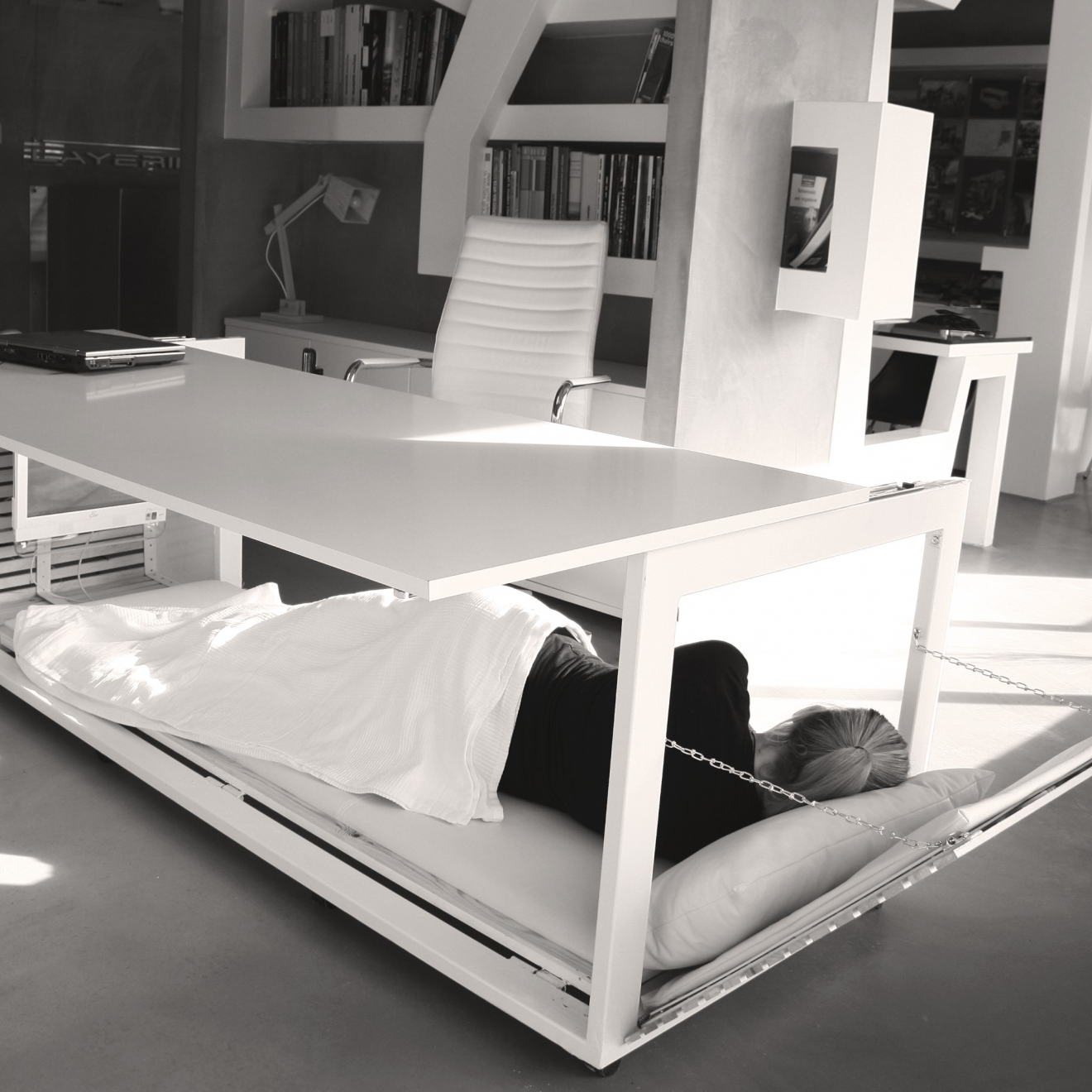To provide the best experiences, we use technologies like cookies to store and/or access device information. Consenting to these technologies will allow us to process data such as browsing behaviour or unique IDs on this site. Not consenting or withdrawing consent, may adversely affect certain features and functions.
The technical storage or access is strictly necessary for the legitimate purpose of enabling the use of a specific service explicitly requested by the subscriber or user, or for the sole purpose of carrying out the transmission of a communication over an electronic communications network.
The technical storage or access is necessary for the legitimate purpose of storing preferences that are not requested by the subscriber or user.
The technical storage or access that is used exclusively for statistical purposes.
The technical storage or access that is used exclusively for anonymous statistical purposes. Without a subpoena, voluntary compliance on the part of your Internet Service Provider, or additional records from a third party, information stored or retrieved for this purpose alone cannot usually be used to identify you.
The technical storage or access is required to create user profiles to send advertising, or to track the user on a website or across several websites for similar marketing purposes.
 A new study from job board CV-Library claims that men across the UK have reached breaking point in their careers, with nearly two thirds (61 percent) wanting to quit their job because it’s affecting their mental health. The survey explored the views of 2,000 UK workers and found that although more women (35.4 percent) say they suffer with mental health problems than men (21.2 percent), men are more likely to feel the effects of poor mental health in the workplace. Around 82 percent of men claim that it affects their working life, compared to 68 percent of women. (more…)
A new study from job board CV-Library claims that men across the UK have reached breaking point in their careers, with nearly two thirds (61 percent) wanting to quit their job because it’s affecting their mental health. The survey explored the views of 2,000 UK workers and found that although more women (35.4 percent) say they suffer with mental health problems than men (21.2 percent), men are more likely to feel the effects of poor mental health in the workplace. Around 82 percent of men claim that it affects their working life, compared to 68 percent of women. (more…)



































August 21, 2019
The office is increasingly able to recognise you, but will you recognise it?
by John Comacchio • Comment, Technology, Workplace design
(more…)